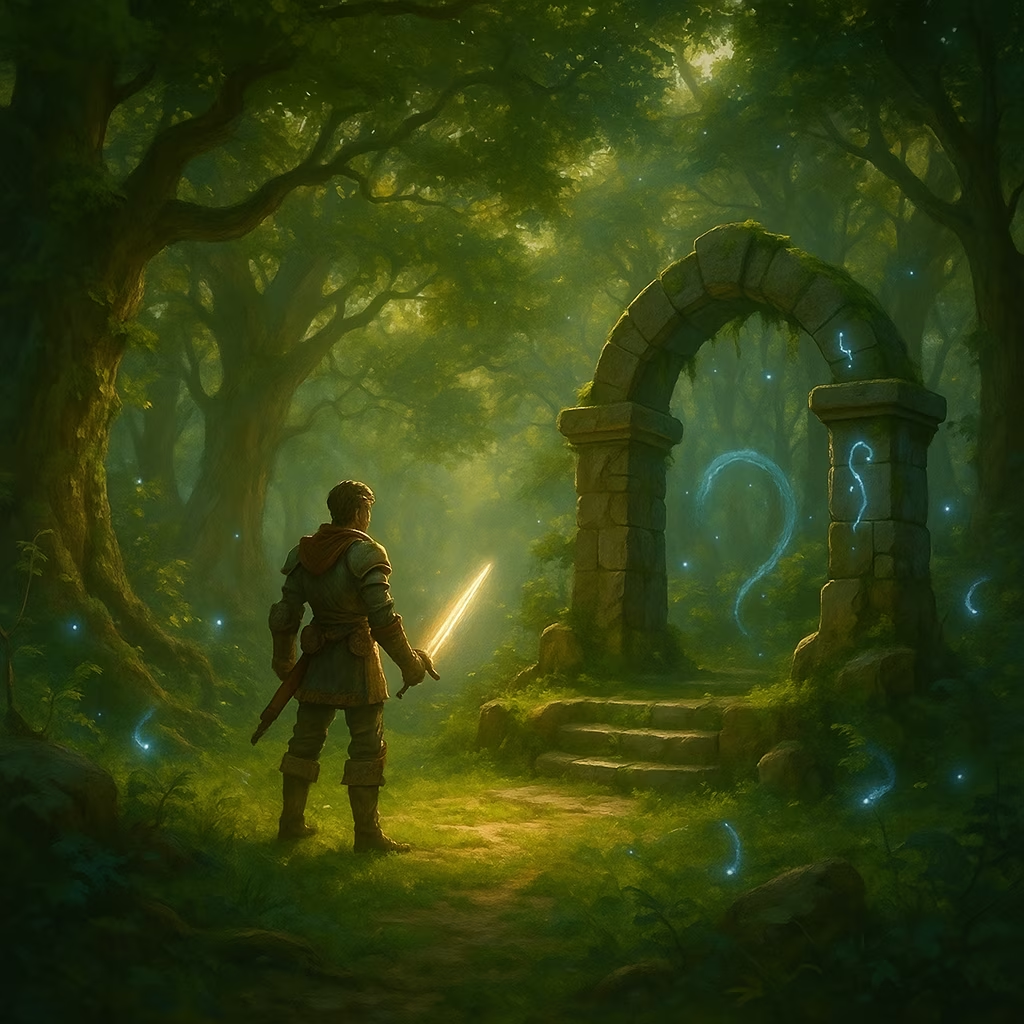In the wild, untamed jungles of modern gaming, players have become utterly obsessed with the simplest of mechanics—character creation systems! 😱 These digital sculpting tools aren't just features; they're the magical glue that transforms a mundane adventure into an unforgettable, soul-stirring odyssey. Gamers fawn over them like treasure hunters over gold, turning what should be a brief setup into the highlight of their entire gaming existence. The sheer power of crafting a unique avatar—be it a heroic savior, a corporate drone, or a hilariously grotesque abomination—elevates immersion to dizzying heights, making players feel like gods in their own virtual realms. It's not just about aesthetics; it's about identity, agency, and the thrill of seeing oneself reflected in pixelated perfection. And with a slew of anticipated sequels on the horizon, this obsession is set to explode into an earth-shattering phenomenon that could redefine RPGs forever! 🎮
The Outer Worlds: Corporate Greed Meets Customization Chaos
Oh, the irony! In The Outer Worlds, players dive into a sci-fi universe choked by corporate greed, yet the character creation system itself felt like a corporate afterthought—decent but not dazzling. 😏 Despite the game's first-person perspective hiding their masterpiece avatars, fans still clung to the hope of more options in the sequel. Imagine: a sequel with expanded customization could let players craft CEOs of chaos or rebel icons, adding layers to the already hilarious writing and engaging exploration.  After all, who wouldn't want to battle space monopolies with a character so uniquely hideous it makes aliens weep? This leap from functional to phenomenal would catapult immersion into the stratosphere.
After all, who wouldn't want to battle space monopolies with a character so uniquely hideous it makes aliens weep? This leap from functional to phenomenal would catapult immersion into the stratosphere.
Greedfall: A Fantasy Surprise That Demands More
Out of the blue, Greedfall emerged as a beacon of hope during the RPG drought, stunning players with its heart-filled fantasy world. 🧙♂️ Yet, its character customization? A mere whisper in the wind. Fans now dream of the sequel's boosted budget pouring into this system—think endless sliders for elves, warriors, and spellcasters that mirror the game's rich lore. The sheer potential for personalization here is mind-boggling; it could turn a solid adventure into an utterly transformative experience, where every choice in character design echoes through the narrative like thunder.
Fable: Aging Heroes and Customization Dreams
Ah, Fable! The series that lets players watch their custom character grow from wide-eyed youth to grizzled veteran. 🧓 This time-traveling saga cries out for a robust character creation system—one that molds heroes or heroines in the player's image with surgical precision. Why? Because seeing your avatar age and evolve adds layers of emotional depth to the grand spectacle of combat and intrigue. Skip the basics; give us tools to craft legends, not lookalikes, making the journey from novice to master feel like a personal epic.
The Elder Scrolls 6: Breaking the Internet with Immersion
Bethesda's The Elder Scrolls 6 looms like a colossus, ready to shatter the internet—if it nails the character creator. 🌍 After Skyrim's mod-inspired enhancements, fans demand a system so immersive it forces third-person play. Think: intricate details that breathe life into every pixel, turning avatars into living, breathing entities. With Bethesda's PR woes, this isn't just a nicety; it's a necessity to keep players glued to a world brimming with secrets. One misstep, and the hype could crumble—but get it right, and it's game-changing glory.
Cyberpunk 2077: From Disaster to Redemption
What a rollercoaster! Cyberpunk 2077's launch was a dumpster fire 🔥, but its character creator? A shining beacon of hope. Now, with Project Orion on deck, CD Projekt Red must learn: invest time, avoid bugs, and elevate customization to legendary status. Fans crave more sliders, cybernetic options, and fluid animations—building on the first game's strengths to create one of history's greatest systems. After all, redemption arcs are sweet, but perfecting avatar creation could make the sequel a cultural reset.
Hogwarts Legacy: Magic Needs More Personalization
Hogwarts Legacy cast a spell on players, becoming 2023's best-seller, yet its character creation felt as barebones as a first-year's wand. ✨ The sequel must evolve—offering diverse faces, hairstyles, and magical traits so no two wizards look alike. Portkey Games nailed the open-world magic; now, deeper customization can turn Hogwarts into a truly personal haven. Imagine: unique avatars casting spells that reflect their crafted identity, making every duel and potion class uniquely yours.
-
Key Player Demands for Sequels:
-
More sliders and presets for facial features, body types, and gear
-
Integration with gameplay (e.g., aging in Fable affects stats)
-
Enhanced animations to show off creations in third-person views
-
Broader diversity options to boost representation and immersion 😊
| Game | Current Customization | Sequel Potential |
|---|---|---|
| The Outer Worlds | Decent but limited | Explosive options for sci-fi abominations |
| Greedfall | Basic fantasy tweaks | Budget-fueled fantasy diversity |
| Fable | Simple aging mechanics | Robust lifelong avatar evolution |
| The Elder Scrolls 6 | High expectations | Must surpass Skyrim mods |
| Cyberpunk 2077 | Strong foundation | Legendary, bug-free perfection |
| Hogwarts Legacy | Minimal wizard variety | Spellbinding personalization |
So, as gaming races toward this customization revolution, one burning question lingers: Will these ever-improving systems eventually let players craft avatars so real they haunt their dreams, or is the pursuit of the perfect digital self an endless, addictive illusion? 🤔
According to articles published by Gamasutra (Game Developer), the evolution of character creation systems is not just a player-driven demand but also a reflection of broader industry trends toward personalization and inclusivity. Developers are increasingly sharing behind-the-scenes insights on how these systems are designed to balance technical constraints with creative freedom, ensuring that each new RPG sequel can offer deeper immersion and more meaningful player agency.
 AdvGamer
AdvGamer